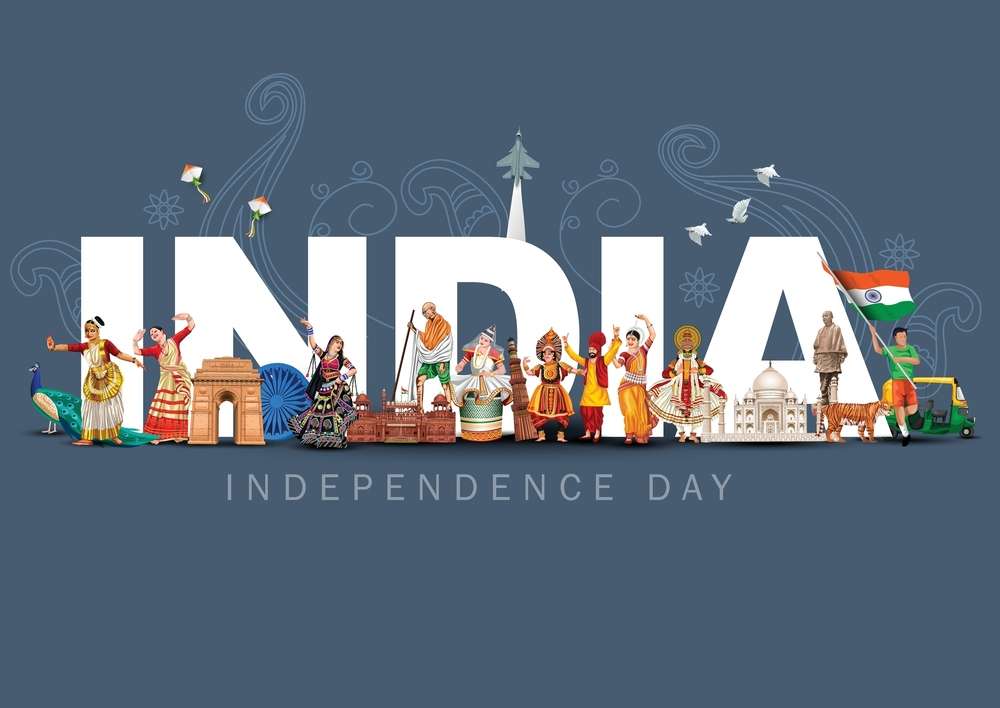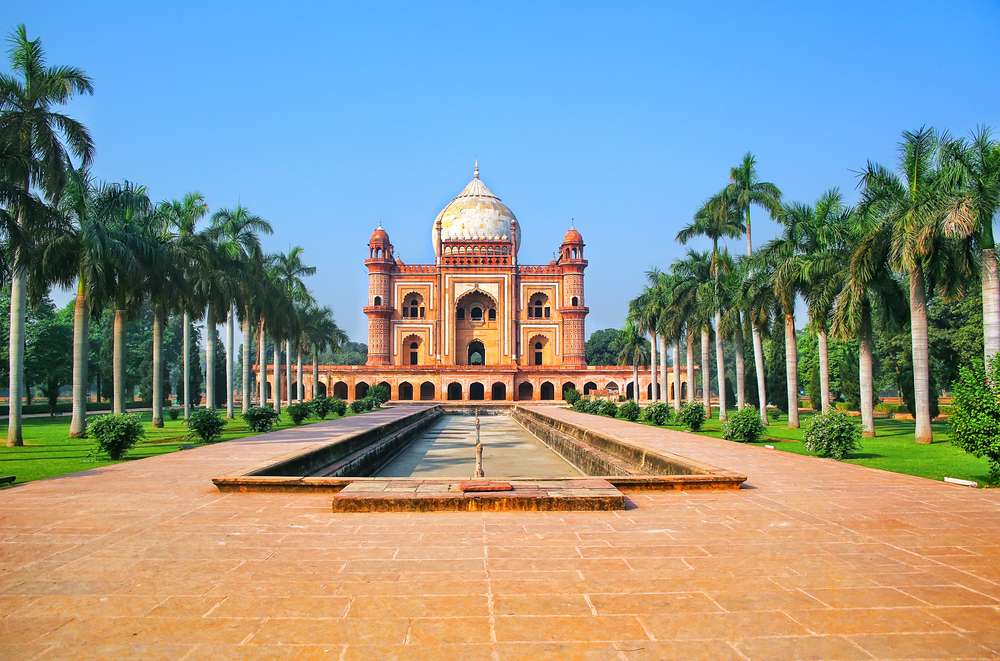Kerala, often referred to as “God’s Own Country,” is a land where culture, tradition, and nature coexist harmoniously. Known for its palm-lined beaches, emerald backwaters, and lush landscapes, Kerala’s charm extends far beyond its natural beauty. The state is a cultural treasure trove, offering a rich tapestry of temples, classical art forms, festivals, and architecture. For travelers seeking a deeper understanding of Kerala’s soul, its cultural gems are the doorway to its heritage, spirituality, and artistic brilliance. Here’s a journey through the temples, backwaters, and other cultural wonders that make Kerala a unique destination.
The Majestic Temples of Kerala: Spirituality and Architecture
Kerala’s temples are not just places of worship but also monumental displays of the region’s architectural brilliance and spiritual depth. The distinct Kerala style of temple architecture is characterized by sloping tiled roofs, wooden carvings, and elaborate sanctuaries, seamlessly blending into the lush landscapes. These temples are spiritual havens, revered by devotees for their deep-rooted history and powerful deities.
One of the most iconic temples in Kerala is the Sree Padmanabhaswamy Temple, located in the capital city of Thiruvananthapuram. Dedicated to Lord Vishnu, this temple is one of the richest religious sites in the world, known for its treasure troves of gold and jewels discovered in its vaults. The temple’s architecture is a blend of Kerala and Dravidian styles, with intricately carved gopurams (towers) and the reclining deity of Vishnu depicted in the Anantha Shayana posture. The aura of sanctity, the chanting of prayers, and the temple’s grandeur make it a must-visit for pilgrims and architecture enthusiasts alike.
Another significant temple is the Guruvayur Temple in Thrissur, dedicated to Lord Krishna. Known as the “Dwaraka of the South,” Guruvayur is a major pilgrimage center where thousands of devotees flock to offer prayers. The temple’s simplicity, coupled with the deep devotion of its visitors, creates a moving spiritual experience. The rituals, including the famous Guruvayurappan offerings, have remained unchanged for centuries, preserving the temple’s sanctity and traditions.
The Ambalappuzha Sree Krishna Temple, renowned for its delicious Palpayasam (sweet milk pudding), and the Vadakkunnathan Temple in Thrissur, which hosts the grand Thrissur Pooram festival, are other cultural gems that reflect Kerala’s deep connection to its spiritual and artistic roots.
Indian Visa for South Korean Citizens
Kerala’s Backwaters: A Journey Through Tranquility
The backwaters of Kerala are one of its most celebrated natural wonders, offering travelers a unique way to experience the state’s serene beauty. A network of interconnected canals, rivers, and lakes, the backwaters stretch across Kerala, particularly in places like Alleppey, Kumarakom, and Kollam. These tranquil waterways, flanked by lush green paddy fields, coconut groves, and traditional village life, offer a glimpse into Kerala’s timeless culture.
The best way to explore the backwaters is aboard a traditional houseboat or kettuvallam. These houseboats, once used to transport rice and spices, have been converted into floating homes that offer modern comforts while preserving their rustic charm. Cruising through the backwaters at a leisurely pace, with the sound of water gently lapping against the boat and the sight of fishermen casting their nets, provides a meditative experience that is hard to replicate.
A journey through the backwaters also offers a window into Kerala’s agrarian lifestyle. As you drift along the waterways, you’ll see villagers going about their daily activities, from farming and coir-making to fishing. The famous Vembanad Lake in Kumarakom is an important part of the backwater ecosystem and a hub for migratory birds, making it a paradise for birdwatchers.
The backwaters also host vibrant snake boat races, especially during the Onam festival. These races, featuring long traditional boats manned by synchronized rowers, are a spectacular display of teamwork, skill, and festivity. Watching the majestic boats glide through the water, cheered on by enthusiastic crowds, is an unforgettable cultural experience.
Kathakali and Other Classical Art Forms: The Soul of Kerala’s Culture
No exploration of Kerala’s cultural gems is complete without delving into its rich artistic heritage. Kerala is home to several classical art forms that are not only visually stunning but also steeped in tradition and spirituality. Among these, Kathakali, Kerala’s signature dance-drama, stands out for its elaborate costumes, intricate makeup, and expressive storytelling.
Kathakali performances depict scenes from the Mahabharata and Ramayana, with actors using a highly codified system of facial expressions, gestures, and dance movements to convey emotions and narrative. The performances, accompanied by traditional instruments like the chenda and mandala, often take place in temple courtyards, creating an intimate connection between the performers and the audience. Watching a Kathakali performance is a mesmerizing experience that offers insight into the deep-rooted spiritual and artistic traditions of Kerala.
In addition to Kathakali, Kerala is known for other classical art forms, such as Mohiniyattam, a graceful dance performed by women, and Kalaripayattu, one of the oldest martial arts in the world. The influence of these art forms is deeply ingrained in Kerala’s culture, with many performances being tied to temple rituals and festivals.
Theyyam, another unique ritualistic performance art, is prominent in the Malabar region of Kerala. Performed as an offering to gods, Theyyam combines dance, music, and elaborate costumes, with the performer believed to embody the deity being worshiped. These performances often take place in the open air, in front of temples or ancestral homes, with vibrant colors, rhythmic music, and a deep sense of devotion filling the atmosphere.
Festivals: A Celebration of Culture and Life
Kerala’s cultural richness is also reflected in its grand festivals, which are a vibrant celebration of life, tradition, and faith. The state’s most famous festival is Onam, a harvest festival that commemorates the return of the mythical King Mahabali. Onam is marked by Pookalam (floral carpets), the Onam Sadya (a grand feast), and various cultural activities, including traditional games, music, and dance. The festival encapsulates the spirit of unity and togetherness, with people from all walks of life participating in the celebrations.
Another important festival is Vishu, the Malayalam New Year, celebrated with elaborate feasts and the ritual of Vishukkani, where offerings of fruits, flowers, and coins are arranged in front of deities to bring prosperity. Kerala’s temple festivals, such as the Thrissur Pooram and Attukal Pongala, attract large crowds and are a showcase of the state’s devotion and vibrant culture.
Conclusion
Kerala’s cultural gems—its majestic temples, tranquil backwaters, classical art forms, and vibrant festivals—offer travelers a glimpse into the state’s rich heritage and spiritual depth. Whether you’re seeking a journey of the soul, an immersion into nature, or a deep dive into traditional arts, Kerala offers a multi-faceted cultural experience that captivates the heart and mind. In every corner of the state, the past and present blend seamlessly, creating a living tradition that continues to inspire and enchant visitors.
Also read: Spiritual Journeys: Pilgrimage Sites to Visit in India


